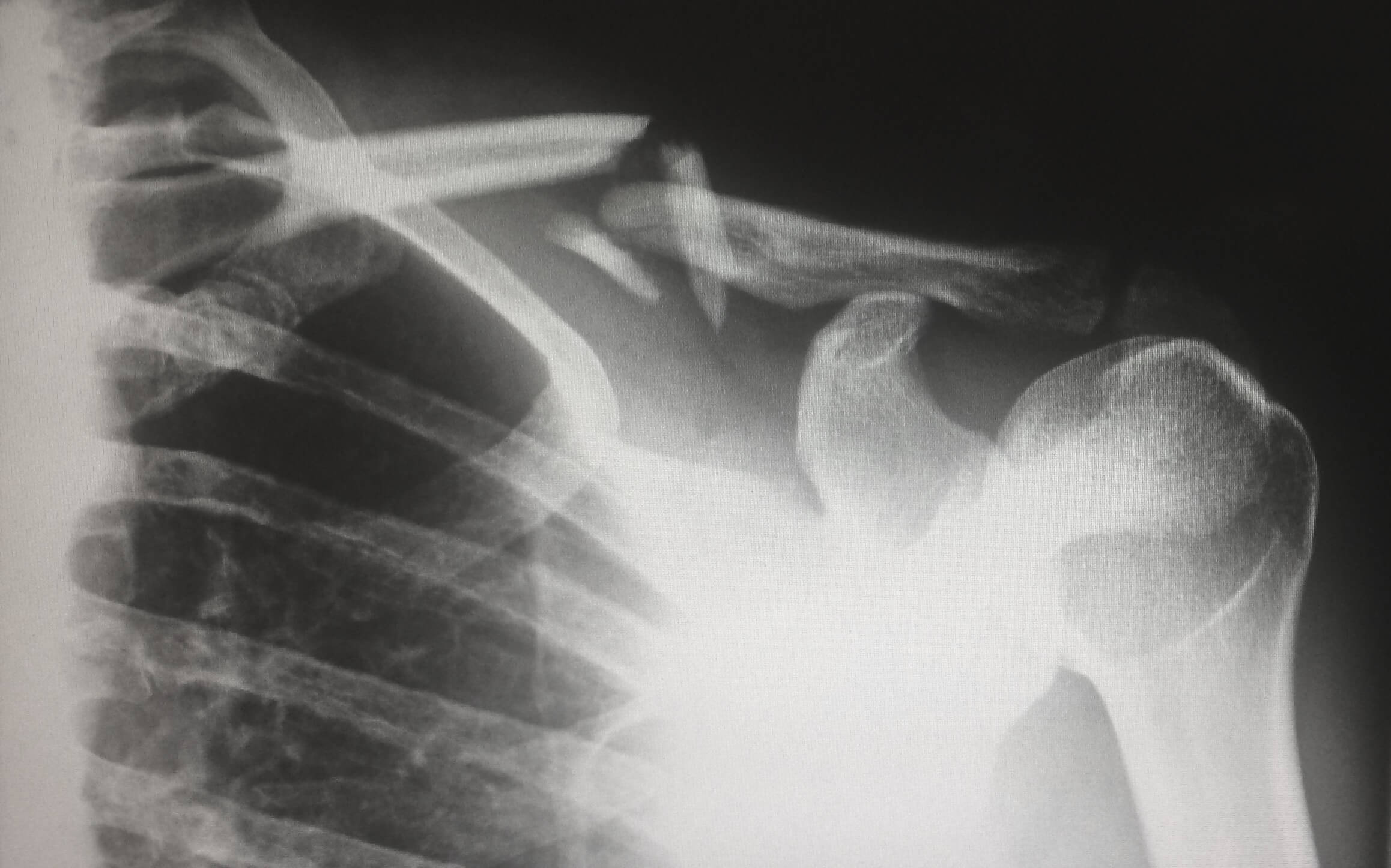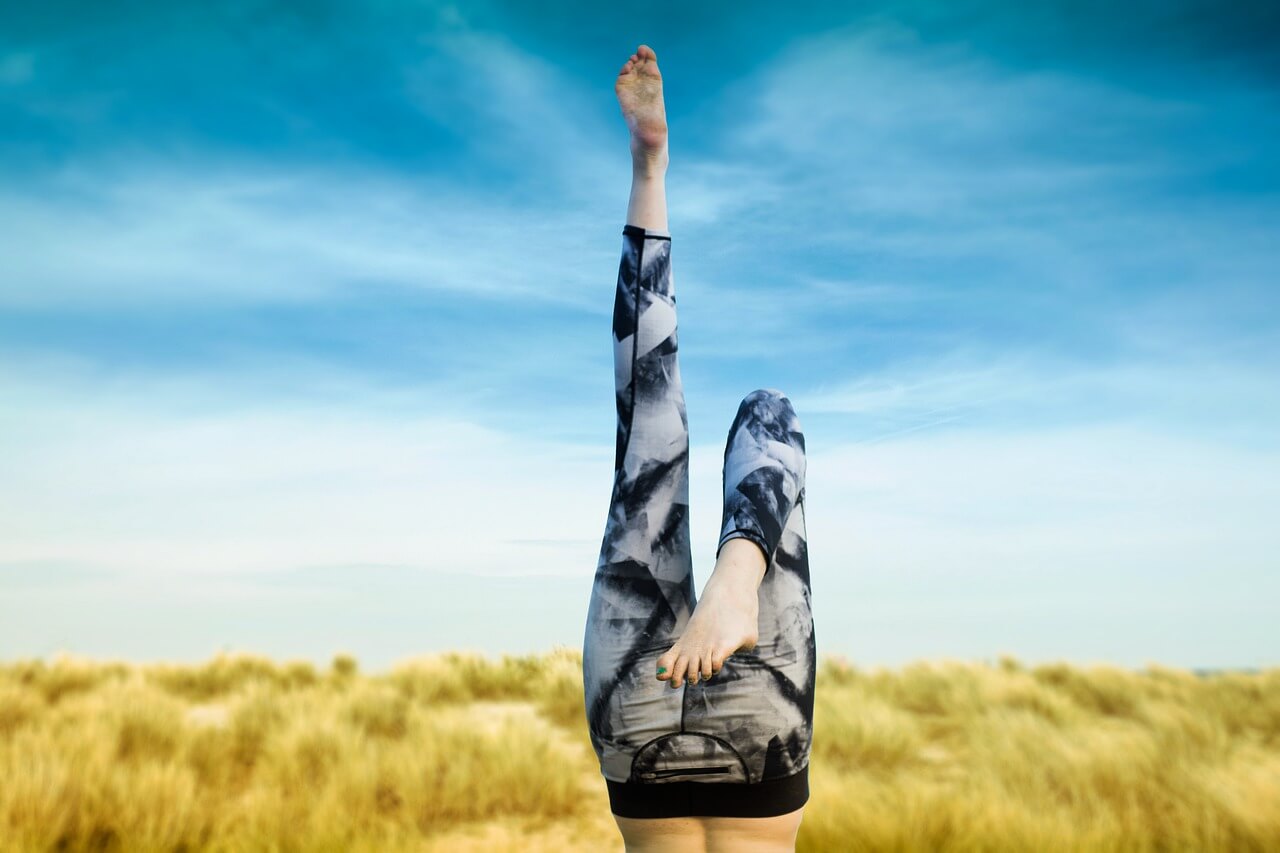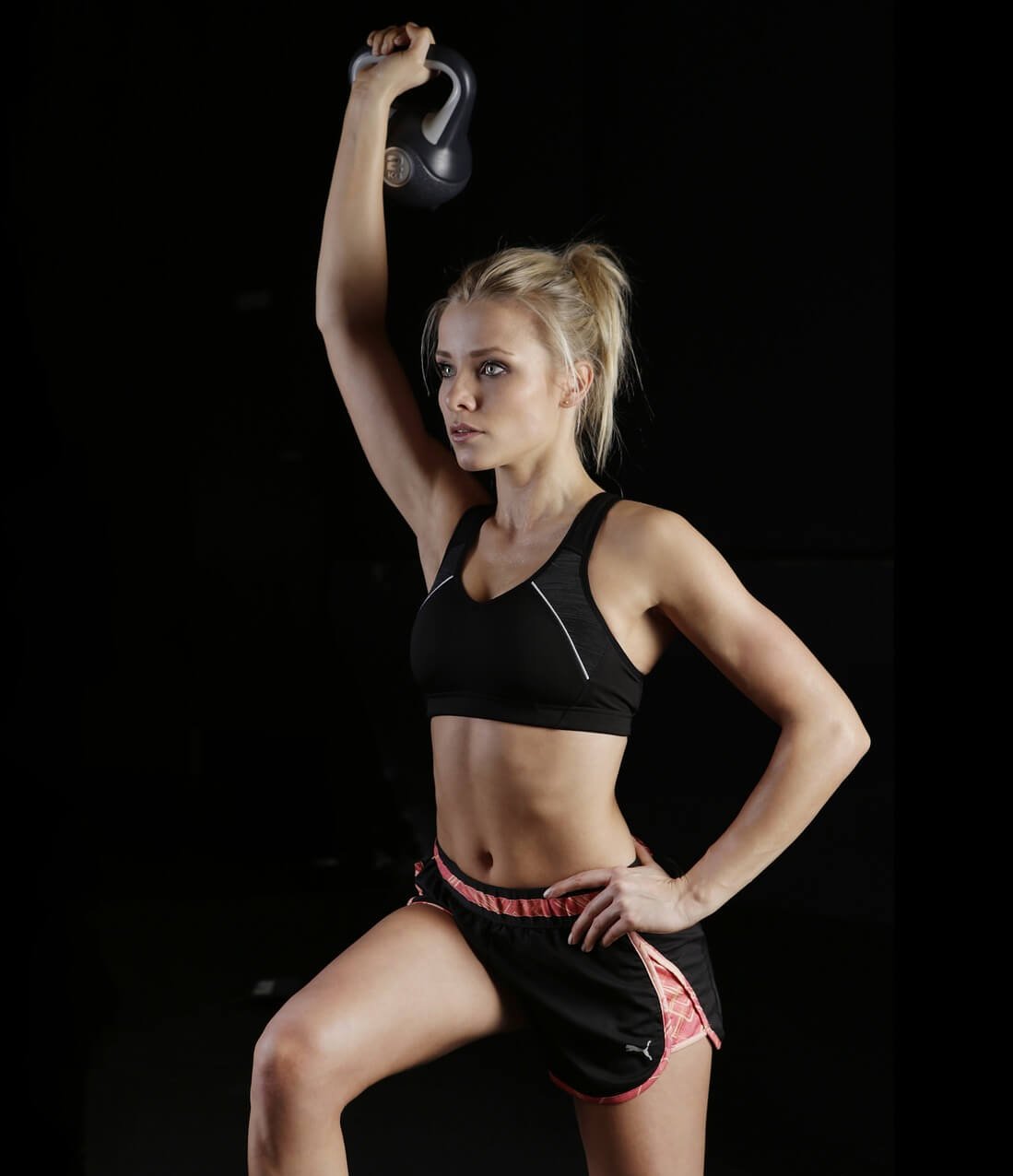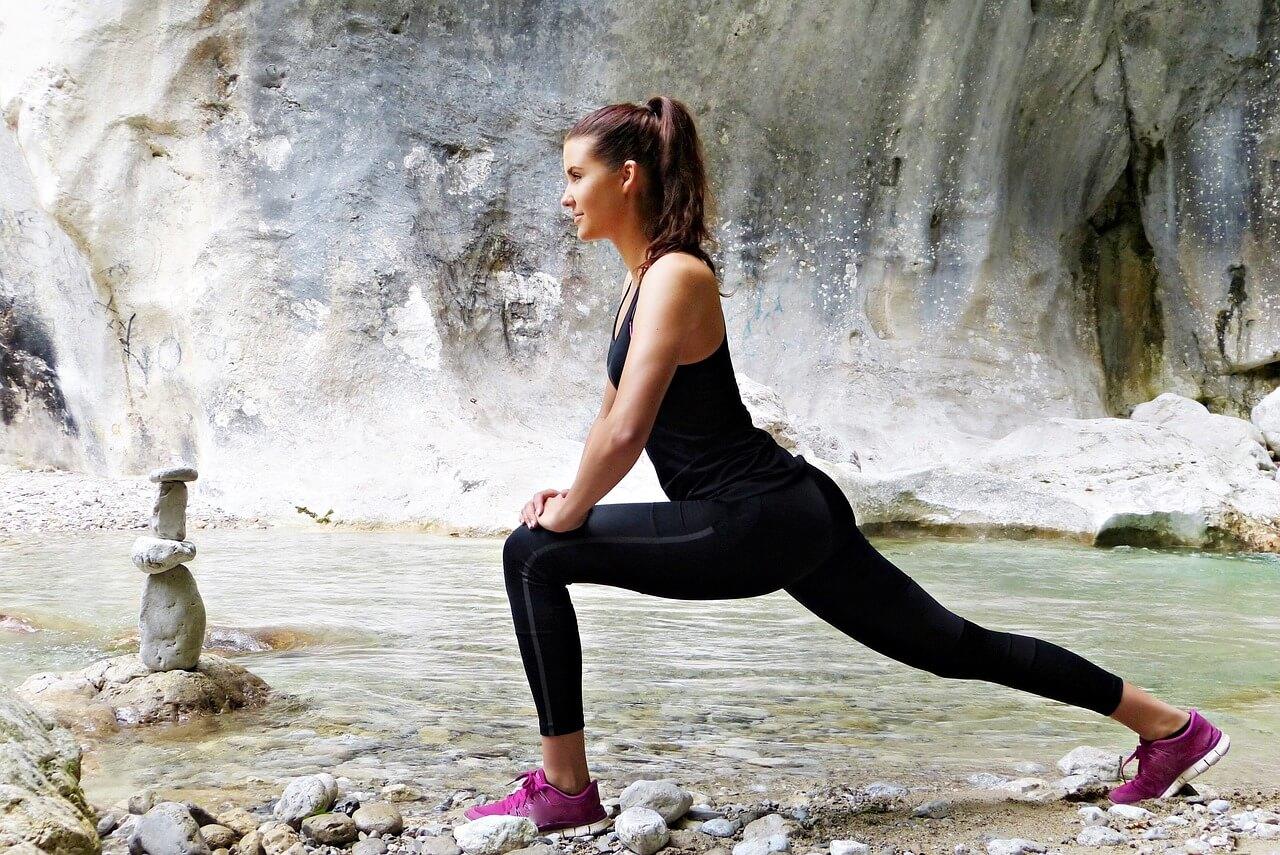Running & Osteoporosis: Can Running Help You Prevent It?
It’s no secret running is good for you– your cardiovascular system, for weight control, mentally and a variety of other reasons. A main goal for those who adopt a healthy lifestyle is to prevent disease or stave off inevitable, heredity conditions as long as possible, not just managing them once they have them. All genders, shapes and sizes benefit from running, but can running actually help us avoid specific diseases or conditions?
One disease that affects both genders, but is predominantly associated with women, is osteoporosis. And while there are many factors that can cause osteoporosis, the question is can running help you prevent it?
What is Osteoporosis?
Generally associated with women once they have been through menopause, osteoporosis is the weakening and loss of tissue in the bone. The breaking down of the structure of the bone can be caused by a Vitamin D or calcium deficiency or hormonal changes attributed to menopause or certain diseases.

Up until your mid-twenties your bones continue to not only grow but gain density. Unfortunately, it will only maintain the achieved top density until your mid-thirties, after that it begins to decrease.
Benefits of Being a Runner
Bone health isn’t even in the top five of the things women worry about, yet as women who run on a regular basis our concern with being able to continue running actually make us pay attention to our bones.
Running is considered a weight bearing exercise. Up to over 15% of injuries related to weight bearing exercises, including running, is related to stress fractures. Most runners are acutely aware of any semblance of an issue with our legs related to aches, pains and weakness. The steps we take with pre and post workout fuel loaded with ample amounts of protein, calcium and Vitamin D are a bone health dream.

Vitamin D is an essential vitamin since it can prevent the loss of calcium from bones and helps maintain bone mineral density while assisting in calcium absorption. Not only do female runners typically ingest more Vitamin D in their diet, the natural Vitamin D you absorb from the sunshine during your run is the best kind.
If you are one that falls into the stereotypical runner weight woes, you are healthy and fit but have a few pounds here or there that hang on, and that’s a good thing. Ensuring proper body fat, or even a little extra cushion, will prevent any negative hormone shifts that could negatively affect your bones. (Even more reason to have that protein rich, calcium loaded cheeseburger as a treat after a long run.)
How Does Running Help?
Being a weight bearing exercise is a benefit contrary to what we sometimes hear as runners; the questions about our knees do get old. Running loads the bone with a certain amount of weight, which in turn helps promote the bone strengthening itself. When you are running the resulting impact of your foot strikes on your bones causes an increase in bone density. This is done with assistance, of course, from your muscles which act to push and pull your bones.

Ideally, you are going to want to create this added bone density as early as possible. This is why a running and weight lifting regimens is extremely important in your 20s and 30s, However the benefit to your bones does not stop on your 40th birthday; you just may not maximize the preventative potential like you can at a younger age.
Unlike weightlifting, which for most seems to be concentrated to the upper body, running focuses on the lower portion of the body, which is also the largest. Targeting the large bones in your body like your femur, pelvic bone, tibia and fibula take up a substantial portion of the percentage of bone in your body and can prevent injuries down the road when slips, trips and falls occur more often.
For most runners there are seasons of training; workout types, intensity and mileage all change. The changing of routine, type, terrain and intensity is a great thing as it places a new and constructive challenge on your body inciting bone density growth.
Running Smart
Running is healthy, yet it is important to ensure that like all things, it’s done in a healthy moderation. Any time you begin to skip menstrual cycles, you should go see your doctor to ensure that it is not something more serious and that running, as well as any other physical activity you partake in, is safe for you. Extremely high mileage can cause loss of periods which in turn can lead to a higher risk of osteoporosis.

If you’ve been diagnosed with osteoporosis it is a good idea to have a conversation with you doctor about your running. There may be supplements, precautions or information that you may need. It also important to incorporate cross training and weight training into your regime. Running is amazing and it can be your main form of activity but cross training and varying activities has proven to be beneficial to your health and prevent injuries.
There is no magic bullet in the game of health but there are preventative measures you can take to help ward off potential diseases and injuries. Running will always have more benefits than we can fathom. And it turns out if we are smart, pay attention to our body and dose out a little moderation we can be happy, healthy and running as long as we want, all while preventing diseases and ailments without any additional effort.
Sources
- , Running & Your Bone Density, Web
- , Osteoporosis, Web
- , What Women Runners Need To Know About Bone Health, Web
- , Ask Well: Running With Osteoporosis, Web
Latest Articles
 Is Running on a Treadmill Easier Than Running Outside?Runners have their own preferences, whether it is treadmill running, running outside on the road, or exploring trails. So...
Is Running on a Treadmill Easier Than Running Outside?Runners have their own preferences, whether it is treadmill running, running outside on the road, or exploring trails. So... Is It OK to Use Trail Running Shoes on the Road?While trail running shoes can be used on roads, especially in situations where a runner encounters mixed terrains or pref...
Is It OK to Use Trail Running Shoes on the Road?While trail running shoes can be used on roads, especially in situations where a runner encounters mixed terrains or pref... How to Fix Sore Quads After Running?Rest, ice, gentle stretching, and over-the-counter pain relievers can help soothe sore quads after running. Also, ensure ...
How to Fix Sore Quads After Running?Rest, ice, gentle stretching, and over-the-counter pain relievers can help soothe sore quads after running. Also, ensure ... 10 Fruits With The Most Electrolytes to Replace Sports DrinksThese fruits are high in electrolytes such as potassium, magnesium, and calcium, essential for hydration, muscle function...
10 Fruits With The Most Electrolytes to Replace Sports DrinksThese fruits are high in electrolytes such as potassium, magnesium, and calcium, essential for hydration, muscle function...

